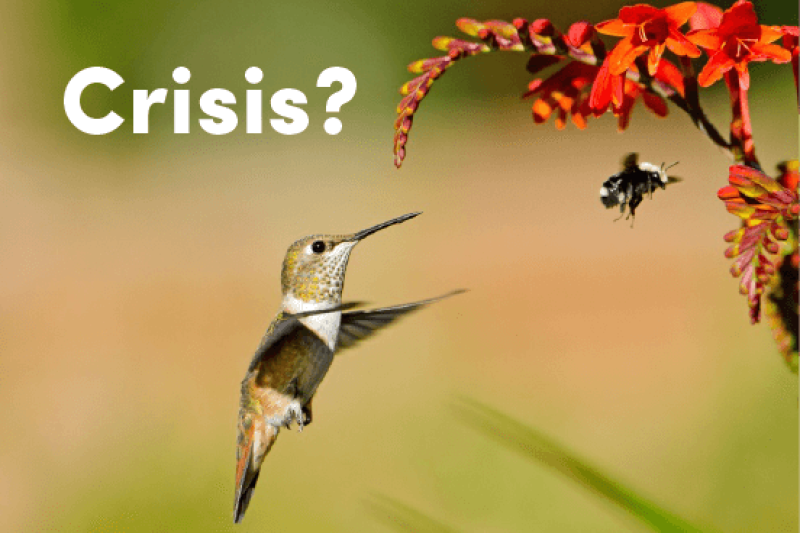Though periodic deaths of bees continue to happen, and have been documented for as long as records of bees have been kept, over 1,000 years, efforts to blame the most recent statistical blip on a newer class of pesticides designed to reduce pesticide usage, neonicotinoids, have fallen flat. Parasites remain the big killer, as does winter, even changes in land. Arguably the only thing not killing bees are seed treatments created so there would be less pesticide in the environment.
As a result, anti-science activists have been forced to change targets. They now insist that “bird biodiversity is rapidly declining in the U.S.” and even repeat the long debunked claim that bird population decreased by 29 percent since 1970 – but instead of blaming cats, the top killer of birds, or changes in land use, if there is a decline in birds they instead blame a kind of pesticide most of the world couldn’t identify.
[Editor’s note: To learn more read: Viewpoint: As global honeybee population increases, activists blame neonicotinoid pesticides for ‘bird-pocalypse’ that’s not happening.]
No reputable chemist, biologist, or toxicologist believes it, but economists will. A new paper claims they have “robust evidence” that seed treatments are magically causing Birdmageddon but their evidence is just guesses by people who watch birds.































